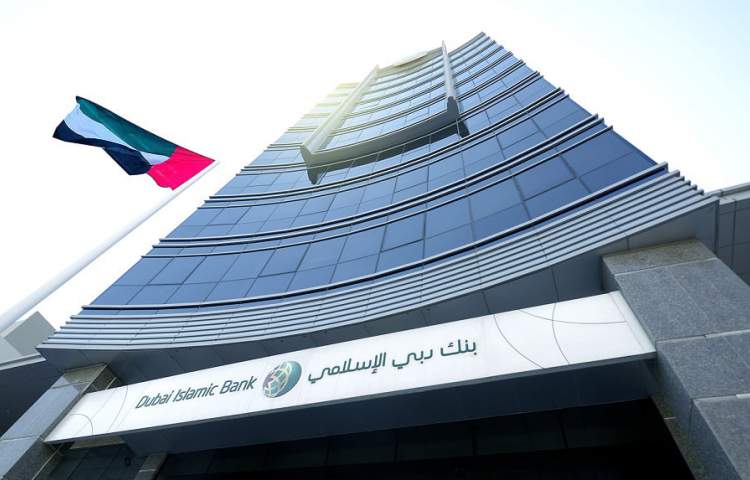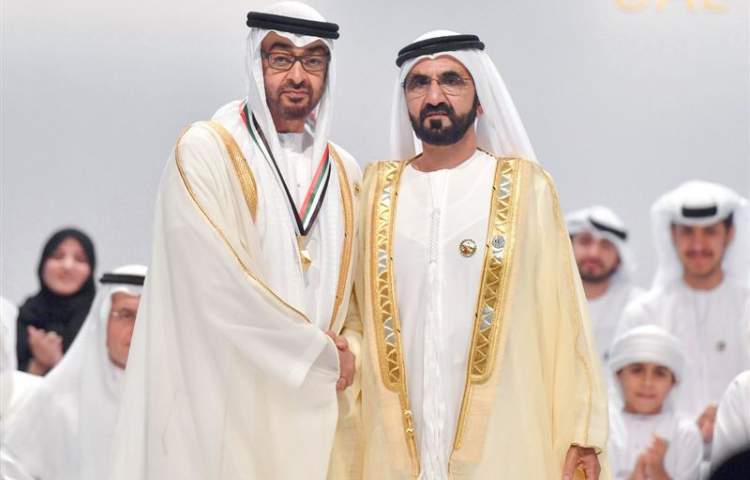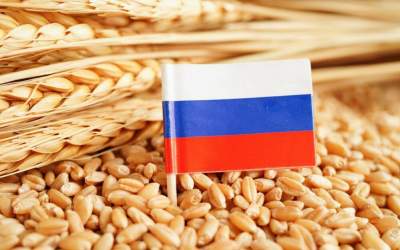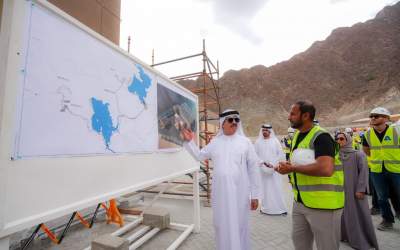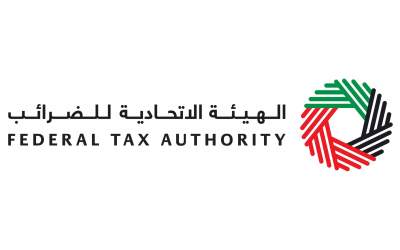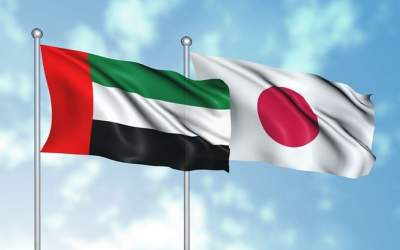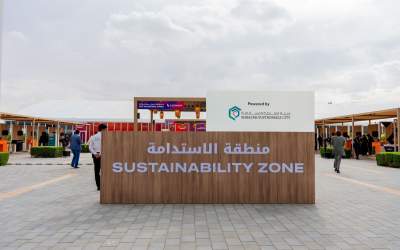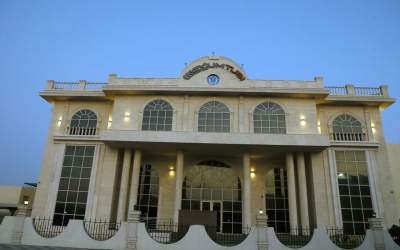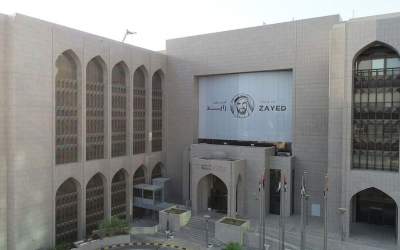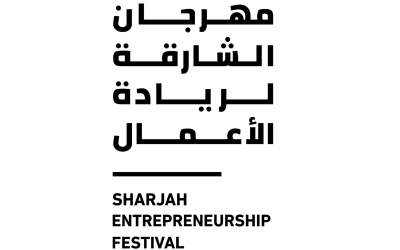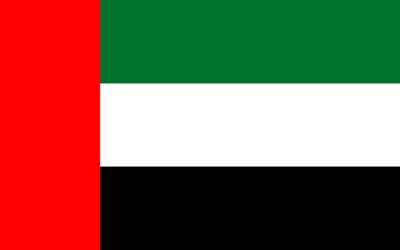According to the latest data released by the Central Bank of the Emirates (CBUAE) in September 2024, Islamic banks accounted for approximately 22% of total bank credit in the UAE, with investments reaching AED 152.3 billion by the end of the third quarter of 2024.
Publish dateMonday 23 December 2024 - 00:27
According to Amac News: The Islamic finance industry, which includes Islamic banks, Islamic windows in conventional banks, and Sukuk (Islamic bonds), has witnessed rapid growth in both domestic and international markets.
The UAE was ranked among the top three Islamic economies in the world for the third consecutive year in the 2022 State of the Global Islamic Economy report, and in 2023 it also ranked fourth in Islamic financial markets with significant assets.
Fitch Ratings, a leading international credit rating agency that assesses credit and financial risk, has predicted that Islamic banks in the UAE will grow faster than their conventional counterparts in the medium term.
A study by the Central Bank of the UAE also found that 79 percent of Islamic banks in the country have sustainable strategies, and 74 percent have approved these strategies at the board level.
Since the establishment of the first Islamic bank in 1975, the sector has become a major pillar of the national economy.
The UAE has said it is committed to developing economic policies and laws that will help strengthen the Islamic financial sector and the broader Islamic economy.
These efforts are in line with the country’s national goals of ensuring sustainable economic growth and positioning the UAE as a global hub for the Islamic economy.
The UAE was ranked among the top three Islamic economies in the world for the third consecutive year in the 2022 State of the Global Islamic Economy report, and in 2023 it also ranked fourth in Islamic financial markets with significant assets.
Fitch Ratings, a leading international credit rating agency that assesses credit and financial risk, has predicted that Islamic banks in the UAE will grow faster than their conventional counterparts in the medium term.
A study by the Central Bank of the UAE also found that 79 percent of Islamic banks in the country have sustainable strategies, and 74 percent have approved these strategies at the board level.
Since the establishment of the first Islamic bank in 1975, the sector has become a major pillar of the national economy.
The UAE has said it is committed to developing economic policies and laws that will help strengthen the Islamic financial sector and the broader Islamic economy.
These efforts are in line with the country’s national goals of ensuring sustainable economic growth and positioning the UAE as a global hub for the Islamic economy.
amacnews.com/vdcb.sb5urhbfwe4pr.html
Source : news agency wam
Most viewed
